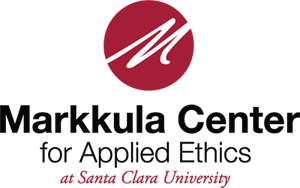AP in Tallinn via The Guardian; Belarusian Nobel peace prize winner moved to brutal prison
"The Nobel peace prize laureate Ales Bialiatski has been transferred to a notoriously brutal prison in Belarus and has not been heard from in a month, his wife has said.
Natalia Pinchuk said that Bialiatski, who is serving a 10-year sentence, has been kept in an information blackout since his transfer to the N9 colony for repeat offenders in the city of Gorki, where inmates are beaten and subjected to hard labour.
“The authorities create unbearable conditions for Ales and keep him in strict informational isolation. There is not a single letter from him for a month, nor does he receive my letters,” Pinchuk said on Wednesday...
The harsh punishment of Bialiatski and three of his colleagues was a response to massive protests over a 2020 election that gave the authoritarian president, Alexander Lukashenko, a further term in office...
All four activists have maintained their innocence, according to the Human Rights Center Viasna, which was founded by Bialiatski. He shared the 2022 peace prize with Memorial, a prominent Russian human rights group, and the Ukrainian Center for Civil Liberties."

